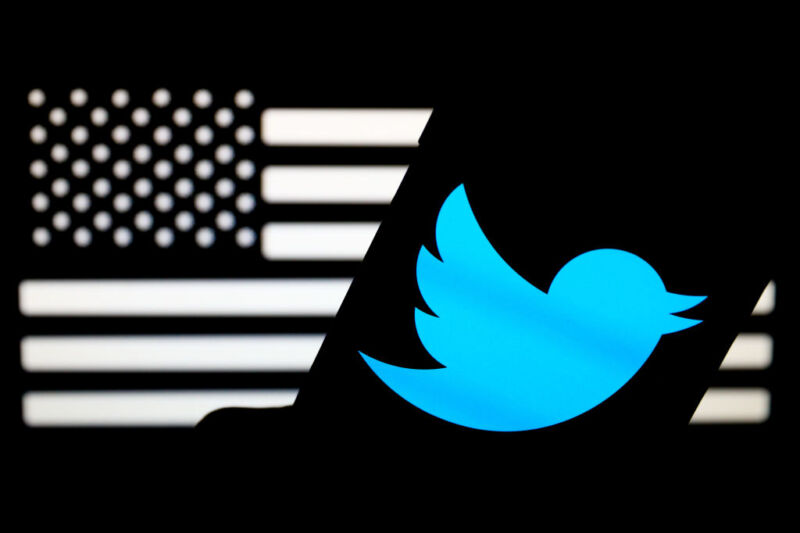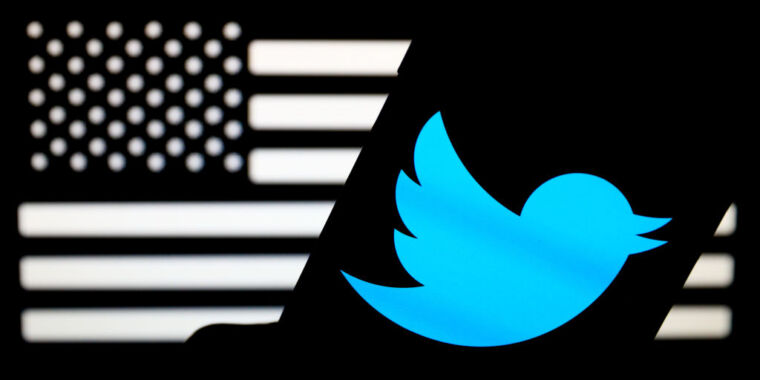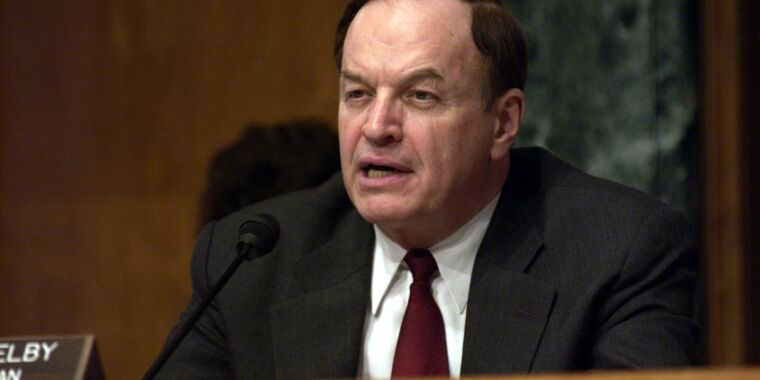
Online advertising on social platforms is changing. Google and Meta no longer hold majority control over advertising dollars, according to The Wall Street Journal, with Amazon and TikTok cutting in to sway advertisers to other platforms. Twitter is also hungry to redirect ad dollars to its platform, as it announced yesterday that it would be “relaxing” its political ads policy and allowing more “cause-based” ads. The company is also planning to expand to allow other forms of political advertising “in the coming weeks.”
Promising to share more details soon, the @TwitterSafety account tweeted Tuesday that from now on, Twitter’s goal is to align its advertising policy “with that of TV and other media outlets.” It’s unclear what exactly that means on a platform like Twitter, but the Federal Communications Commission specifies that it works to restrict censorship and ensure equal opportunity for political advertisers. This aligns somewhat with Twitter CEO Elon Musk’s stated “free speech absolutist” position. Twitter could also be looking to emulate the FCC to diminish the company’s responsibility to review or ensure the accuracy of all political ad content.
Twitter’s recent policy change reverses a decision the platform made in 2019 to ban political ads to limit misinformation spread. That 2019 ban included exceptions for some cause-based advertising, where advertisers were permitted to conduct some microtargeting of Twitter users based on limited geographic location information, keywords, and interests. Notably, advertisers were not allowed to target audiences based on political affiliation like “conservative” or “liberal.” Under these prior rules, Twitter-certified cause-based advertisers approved to promote content created to “educate, raise awareness, and/or call for people to take action in connection with civic engagement, economic growth, environmental stewardship, or social equity.”
In 2019, the Electronic Frontier Foundation said that Twitter limiting cause-based advertising wasn’t a good policy because the microtargeting exception applies to “an almost impossibly broad range of advertisements adjacent to the banned campaign content.” The EFF said this policy had “the potential to worsen the problem it is trying to solve,” suggesting that smaller social media platforms that “let users choose the moderation approaches that work for them” do more to empower their users to “protect themselves from manipulative advertising.”
The coming weeks will show if Musk will provide more tools to empower Twitter users to protect themselves or whether his company will simply leave it up to the users to distinguish between valid causes and manipulative ads. It could be that Twitter’s priority to expand public conversation depends on users relying on their own judgment. In November 2022, Twitter said its mission has always been to be the town square of the Internet, insisting that was only possible if everyone has “the power to create and share ideas and information, instantly without barriers.”
Ars could not immediately reach Twitter or the EFF for comment.
Bloomberg reported that political advertising before the 2019 ban was a “minor source of income” for Twitter, generating less than $3 million during the 2018 midterm elections. That’s a pittance compared to Twitter’s overall ad revenue today, which S&P Global Market Intelligence reported in 2021 was $4.5 billion. And although Musk was penny-pinching in 2022—even failing to pay $136,000 in rent for Twitter headquarters—he seems focused on bigger-picture moneymaking strategies for Twitter than bringing back a couple of million dollars in ad revenue. In an investor pitch deck reviewed by The New York Times, Musk said he planned to grow Twitter revenue to $26 billion by 2028, with an influx of $10 billion expected to come from Twitter Blue subscriptions.
Whatever Musk’s intentions are for relaxing Twitter’s political ad policies—whether it’s about profits, stirring up more Twitter engagement, or some other motivation—the policy update carries some potential for increasing misinformation spread on the platform. That’s alarming to some users, especially considering that Twitter’s recent decision to relax its COVID-19 misinformation policy has already caused drama. This week, The Washington Post reported that “baseless” tweets from anti-vaxxers and right-wing provocateurs spread throughout Twitter, claiming without evidence that NFL player Damar Hamlin collapsed on the field during a Monday game because he had been vaccinated against COVID-19.
Until more details are officially announced about its political ad policy change, Twitter has sought to reassure users that their safety won’t be impacted by the decision.
“As with all policy changes, we will first ensure that our approach to reviewing and approving content protects people on Twitter,” the @TwitterSafety account tweeted.








